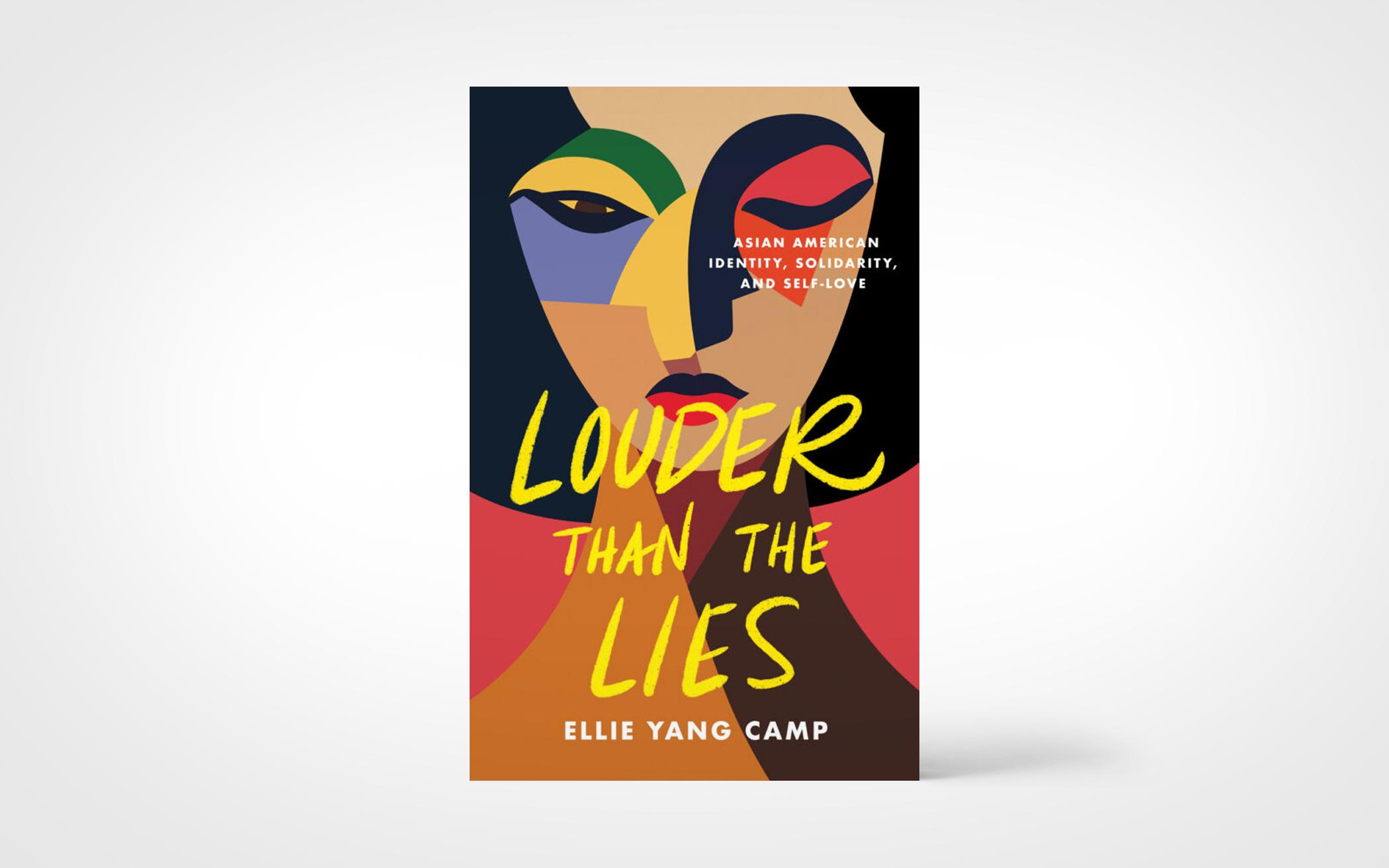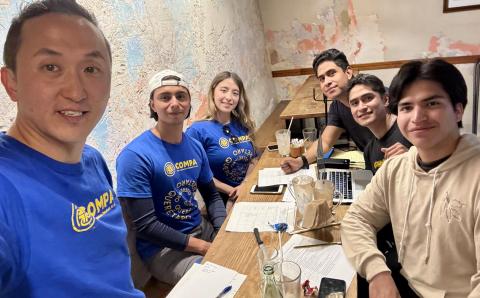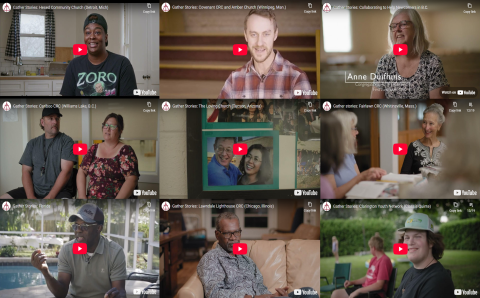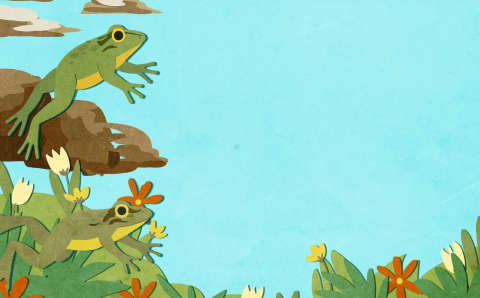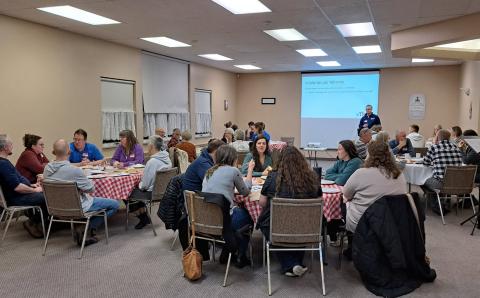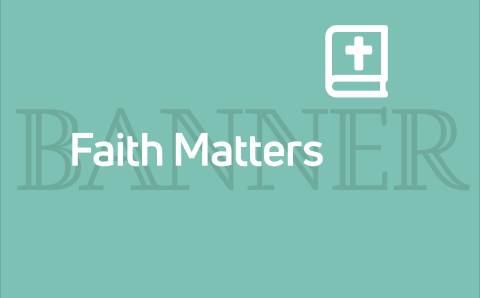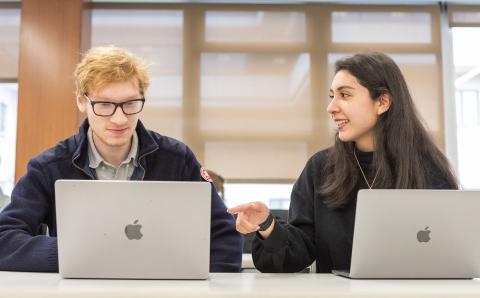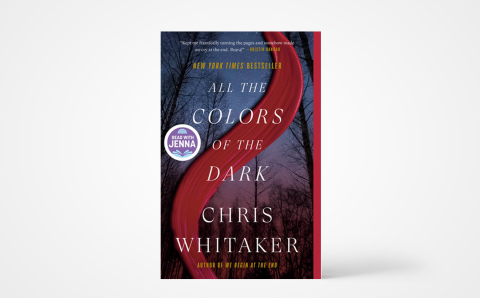Asian American Pacific Islander Heritage Month initially began as a week. In 1978, Congress set aside the first week of May as Asian/Pacific American Week. That week expanded to a month in 1990, when Congress appointed May as Asian/Pacific American Month. The month was later rebranded in 2009 to our current iteration, known as AAPI Heritage Month.
The term is still a work in progress, as our collective AAPI identities are being shaped and molded by our vast arrays of AAPI experiences. But Ellie Yang Camp’s book, Louder than the Lies: Asian American Identity, Solidarity, and Self-Love, presses into the need to continually define and redefine our identity as we see fit.
Born to Taiwanese immigrant parents, and having grown up in Northern California’s Bay Area, Camp weaves personal narratives with historical commentary. She invites Asian American readers into an imaginative space to reflect on the status of our identity through education and testimony.
Camp often describes the “middle space” Chinese immigrants occupied within the social structure of white supremacy. She writes of AAPI’s functional place within society as filling a utilitarian need for cheap labor. “This use as cheap labor illuminates our position within the racial hierarchy. We were not considered the same as formerly enslaved Black people but neither were we equal with whites. … For the most part, we resided in a nebulous middle racial space, valued because we fulfilled the American need for cheap labor but were not considered white enough for equal rights.”
As readers progress through her book, we realize we are still operating and living out of a modern form of this middle space—not just for labor, but throughout multiple aspects of society. Awareness of AAPI issues might have gained minimal progress, but the tiers within our middle spaces are still miles away from where we want to be.
While Louder than the Lies is not the first and only book to address issues of racialization and identity for our communities, it certainly adds nuance and insight to an ever-budding conversation. I keep coming back to her commentary on the term Asian American itself. She writes, "We needed something to bind us together in order to advocate for our common political needs as a racial group. Thus the term Asian American was born. To have the boldness to define and advocate for ourselves, rather than to be labeled by those in power, was and is still a radical act of liberation."
Whether we call ourselves Asian/Pacific American, or AAPI, or something else entirely different in the future, to define and advocate for ourselves will always be a radical act of liberation. (Heyday Books)
About the Author
Daniel Jung is a graduate of Calvin Theological Seminary and an ordained pastor in the Presbyterian Church in America. He lives in Northern California, where he serves as an associate pastor at Home of Christ in Cupertino.

